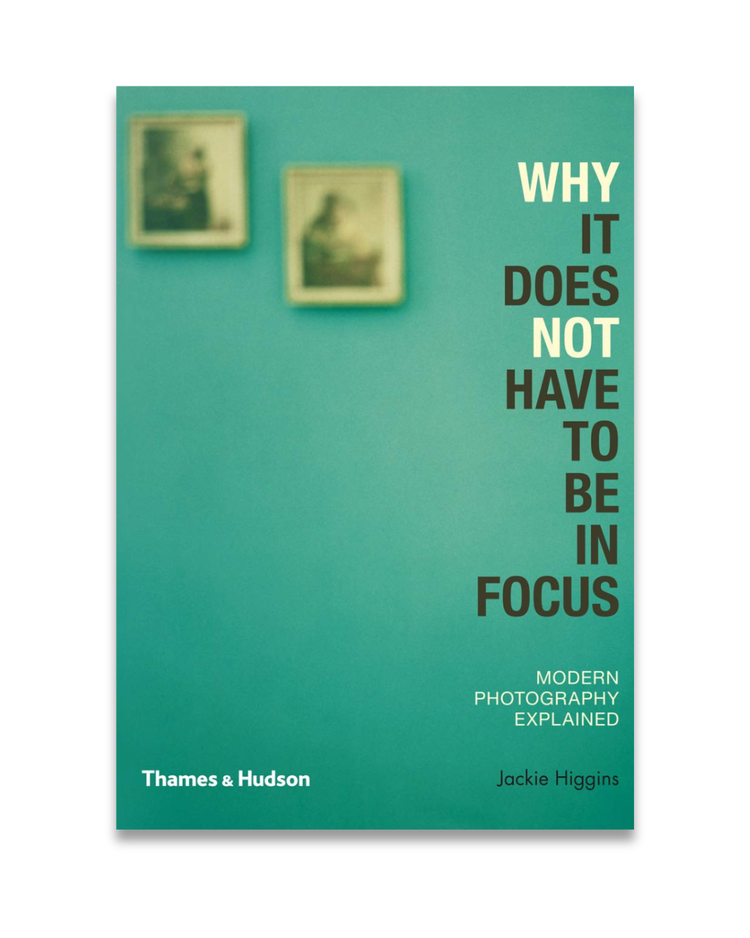Why It Does Not Have To Be In Focus, Jackie Higgins
Description
More
Less
Why take a self-portrait but obscure your face with a lightbulb (Lee Friedlander, Provincetown, Cape Cod, Massachusetts (1968)? Or deliberately underexpose an image (Vera Lutter, Battersea Power Station, XI: July 13 , 2004)? And why photograph a ceiling (William Eggleston, Red Ceiling , 1973)?
'In Why It Does Not Have To Be In Focus', Jackie Higgins offers a lively, informed defence of modern photography. Choosing 100 key photographs-with particular emphasis on the last twenty years-she examines what inspired each photographer in the first place, and traces how the piece was executed. In doing so, she brings to light the layers of meaning and artifice behind these singular works, some of which were initially dismissed out of hand for being blurred, overexposed or 'badly' composed. The often controversial works discussed in this book play with our expectations of a photograph, our ingrained tendency to believe that it is telling us the unadorned truth. Jackie Higgins's book proves once and for all that there's much more to the art of photography than just pointing and clicking.
Description
Why take a self-portrait but obscure your face with a lightbulb (Lee Friedlander, Provincetown, Cape Cod, Massachusetts (1968)? Or deliberately underexpose an image (Vera Lutter, Battersea Power Station, XI: July 13 , 2004)? And why photograph a ceiling (William Eggleston, Red Ceiling , 1973)?
'In Why It Does Not Have To Be In Focus', Jackie Higgins offers a lively, informed defence of modern photography. Choosing 100 key photographs-with particular emphasis on the last twenty years-she examines what inspired each photographer in the first place, and traces how the piece was executed. In doing so, she brings to light the layers of meaning and artifice behind these singular works, some of which were initially dismissed out of hand for being blurred, overexposed or 'badly' composed. The often controversial works discussed in this book play with our expectations of a photograph, our ingrained tendency to believe that it is telling us the unadorned truth. Jackie Higgins's book proves once and for all that there's much more to the art of photography than just pointing and clicking.
You May Also Like





